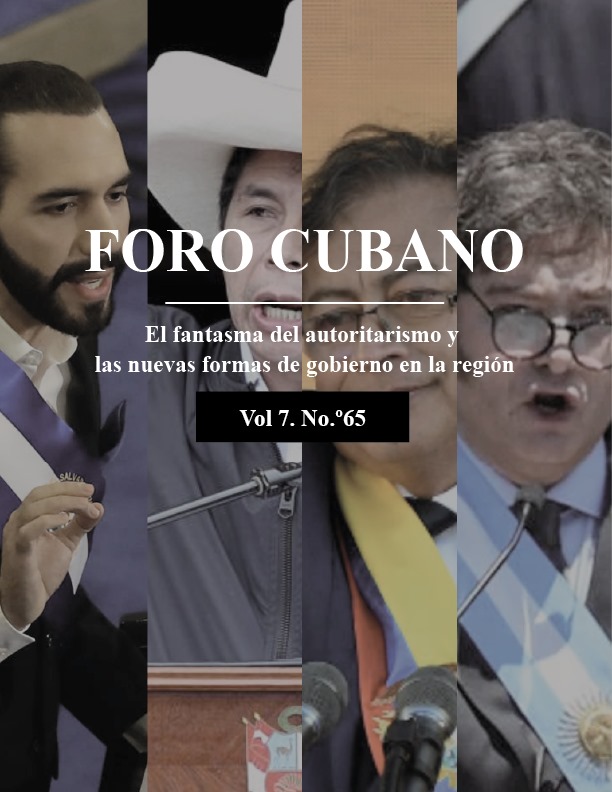Reconciliation: a reading of public policies in Colombia
Abstract
Reconciliation in Colombia after more than 60 years of internal armed conflict is a complex process that requires the reconstruction of the social fabric. Public policies play a fundamental role in facilitating it through reforms and concrete initiatives. This research analyzes how reconciliation has been addressed from public policies after the peace agreement with the FARC in 2016, through interviews with key actors. While significant steps have been taken such as the Truth Commission, there are still gaps such as the reintegration of ex-combatants and land restitution. Another challenge is to decentralize reconciliation efforts, as they have been concentrated at the national level. It is key to involve local governments and communities. There is also a need for differentiated policies for impacted groups such as women, indigenous and Afro-descendants. Reconciliation requires a sustained political and budgetary commitment, not just from one government. It is essential to involve victims' organizations, women and the private sector. In conclusion, understanding the progress and challenges in reconciliation from the perspective of public policies requires the view of multiple actors to identify problems and opportunities, and for future policies to be more comprehensive and inclusive.


